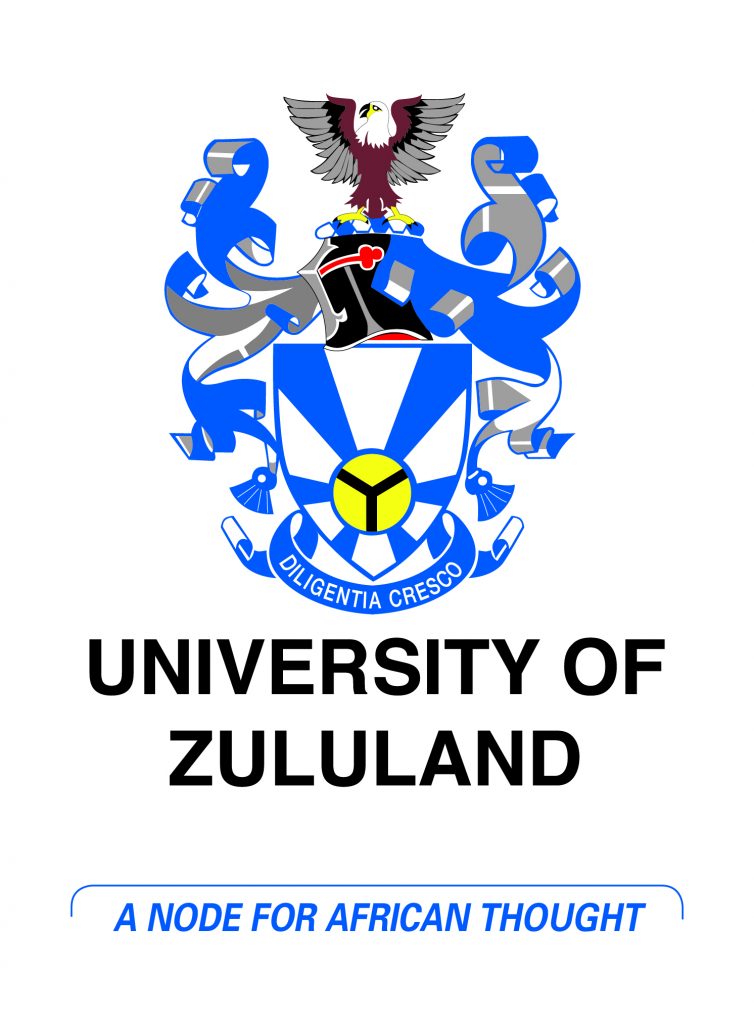Original Research
When it no longer matters whom you love: the politics of love and identity in Nigerian migrant fiction
Inkanyiso | Vol 13, No 1 | a13 |
DOI: https://doi.org/10.4102/ink.v13i1.13
| © 2022 Ajibola Opeyemi
| This work is licensed under CC Attribution 4.0
Submitted: 08 December 2022 | Published: 01 July 2021
Submitted: 08 December 2022 | Published: 01 July 2021
About the author(s)
Ajibola Opeyemi, Department of English, University of Ibadan, Ibadan, NigeriaFull Text:
PDF (191KB)Abstract
A number of creative texts by Nigerian migrant writers recreate migrant characters’ experiences of love, intimacy and connected identity politics in the diaspora. However, there is a paucity of scholarly engagements with Nigerian migrant writers’ representation of the complexities that attend the formation and reconfiguration of migrant characters’ identity and love relationships outside the motherland. This study, therefore, examines the intersection of love, place and identity in three purposively selected texts – Segun Afolabi’s Goodbye Lucille, Chimamanda Adichie’s Americanah and Unoma Azuah’s Edible Bones. The three novels are closely read and analysed using the Postcolonial theory’s conceptions of Othering and unhomeliness, in order to foreground the impact of the ‘condition of the diaspora’ on migrant characters’ relationships and identity negotiations. The study reveals that all three novels feature characters that struggle to align their multiple identities and at the same time maintain meaningful love relationships outside the motherland. There is also the representation of same-sex marriages, green marriages, dysfunctional inter-national, inter-racial and transnational relationships, and the negative effects of distance on love relationships. Time and chance then determine the politics of love and identity in diasporic spaces. Nigerian migrant writers represent the pervasively unpleasant experiences of migrant characters belied in the construction of love with identity politics as coordinate relationships in the Nigerian diaspora, through a rhetoric pain and suffering, in order to underscore the unpleasant second side that there is to the migration narrative of bliss and fulfillment. Thus, they destabilise the hegemonic discourses around West-ward emigration as the panacea to African subjects’ experience of postcolonial disillusionment, in an effort to write back, write right and write committedly.
Keywords
Nigerian migrant fiction; love and identity; the condition of the diaspora
Metrics
Total abstract views: 639Total article views: 228
